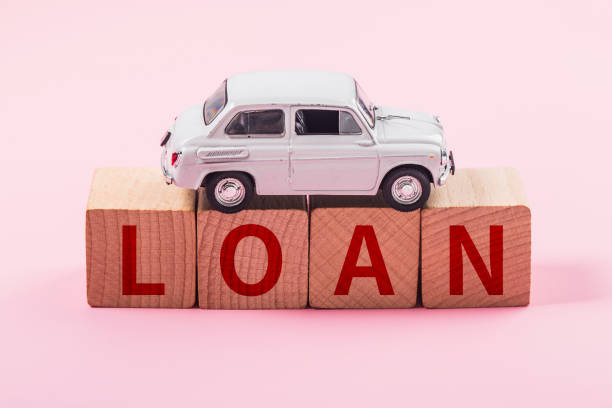UK'S MOST COMPREHENSIVE CAR HISTORY CHECK ONLY £9.99

Being stuck in need of a loan is a worrying situation, no doubt. Logbook loans aren’t always a good option to consider, but being aware of the different options can help inform your decision. With this thought in mind, today, we’re exploring what logbook loans are and whether they are worth it.

Logbook loans are secured against the value of your vehicle in a similar way to how mortgages are secured against the value of a home. Lenders then own part of the vehicle. As such, you can continue to use the car when you’ve taken out a logbook loan. Our car history report checks if money has been borrowed against a vehicle using a logbook loan lender. This feature is only included in the full check.
Whether logbook loans are your ideal choice may depend on many different factors, such as the amount of money you borrow and your ability to pay this back. Indeed, if you take out a logbook loan for more than you can afford to repay, you could end up in a very difficult situation.
Some of the main benefits of logbook loans include:
However, while logbook loans can offer a handful of benefits, they’re not necessarily ideal for everyone. Notably, if you can’t afford to repay the loan, your vehicle may be repossessed. The car will likely then be sold on to pay off the outstanding loan, leaving you without a car at all. These days, that’s invariably not a good situation to be in! As such, we strongly recommend that you avoid taking out a logbook loan if you have any repayment concerns.
The primary concern associated with obtaining a logbook loan is the potential loss of your vehicle in the event of payment default. Moreover, logbook loans often come with steep interest rates, with an average annual percentage rate (APR) of approximately 400%, as reported by the Financial Conduct Authority.
To put it in perspective, the Money Advice Service indicates that the typical representative APR for an unsecured loan is approximately 12%. Consequently, this implies that the total cost of the logbook loan could be significantly higher than if you had opted for alternative borrowing methods.
These loans are often expensive, which can limit their usefulness for people who have a limited income and may mean that you end up paying back far more than you borrow. As a result, ideally, logbook loans should only be taken out as a short-term solution. This can help you avoid the crippling fees.
Logbook loans aren’t necessarily a good option, in many cases, as they can be a costly and risky option. With that being said, logbook loans are an option if you find yourself in a tricky situation without another means of income. But remember: if you decide to take out a logbook loan on a second-hand vehicle, getting the car’s value right is crucial.